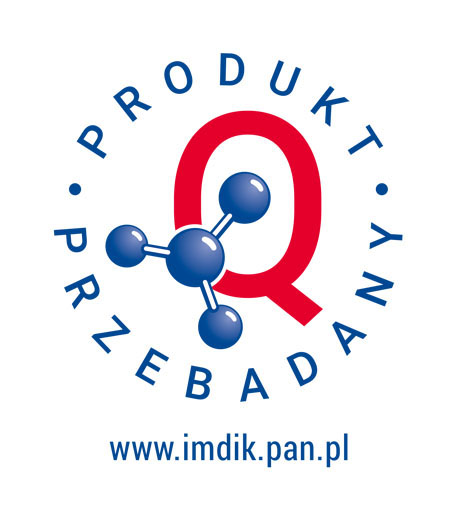Among monoclonal antibodies used in cancer therapy, anti-CD20 monoclonal antibodies have the longest history of use, dating back to 1997. By binding to the CD20 antigen on the surface of B cells, these antibodies initiate various immune cell activation mechanisms that ultimately lead to tumor elimination. Widely used in non-Hodgkin's lymphoma and chronic lymphocytic leukemia (CLL), anti-CD20 antibodies are well tolerated, have minimal side effects and are integral components of multidrug regimens. However, as monotherapy, they rarely induce complete remission. Consequently, efforts have focused on improving their efficacy by combining them with novel oncological drugs. Additionally, a considerable proportion of patients (up to 50%) develop resistance to immunotherapy, which is often attributed to decreased CD20 expression on the surface of cancer cells. Regulation of CD20 protein levels involves multiple steps, including transcription, mRNA translation, and post-translational modifications. Our team has a long history of investigating CD20 antigen regulation and exploring therapeutic approaches to improve the efficacy of anti-CD20 monoclonal antibodies.






